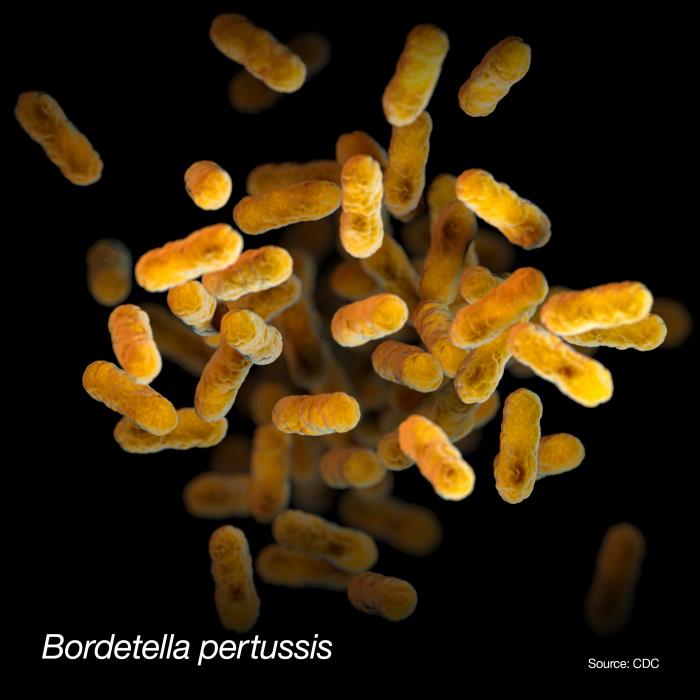
Louisiana officials waited 2 months after the state's first pertussis (whooping cough)-related deaths in years—which occurred by late January—to encourage vaccination and more than 3 months to issue a statewide health alert on May 1 this year, NPR, in conjunction with KFF Health News, reported today.
Such delays for a record outbreak are not typical, according to Georges Benjamin, MD, executive director of the American Public Health Association.
"Particularly for these childhood diseases, we usually jump all over these," said Benjamin. "These are preventable diseases and preventable deaths."
Missed opportunities
In late January, physicians at a Louisiana hospital warned their colleagues that two infants had died in the pertussis outbreak. Shortly thereafter, on February 13, Louisiana Surgeon General Ralph Abraham, MD, ended the state's general promotion of vaccines and vaccination events. Local media reported the pertussis deaths on February 17. They were the state's first pertussis-related deaths since 2018.
In March, after inquiries from NPR and KFF Health News about the growing number of pertussis cases, the health department put out its first social media communications about the outbreak.
Then on May 1, the health department issued what appears to be its only official alert to physicians. The next day, it issued its first press release, and then officials held a press conference about pertussis on May 14.
When you have two infant deaths it's a really good opportunity to communicate that this is a real threat to the health of children.
By then, 42 people had been hospitalized for pertussis since the outbreak began, three fourths of them unvaccinated. More than two thirds of those hospitalized were babies under 1 year old.
As of September 20, the state had 387 pertussis cases in 2025, eclipsing the previous 35-year high of 214 cases in 2013.
"The risk of pertussis is always there, but when you have two infant deaths it's a really good opportunity to communicate that this is a real threat to the health of children," said Joshua Sharfstein, MD, of Johns Hopkins.













